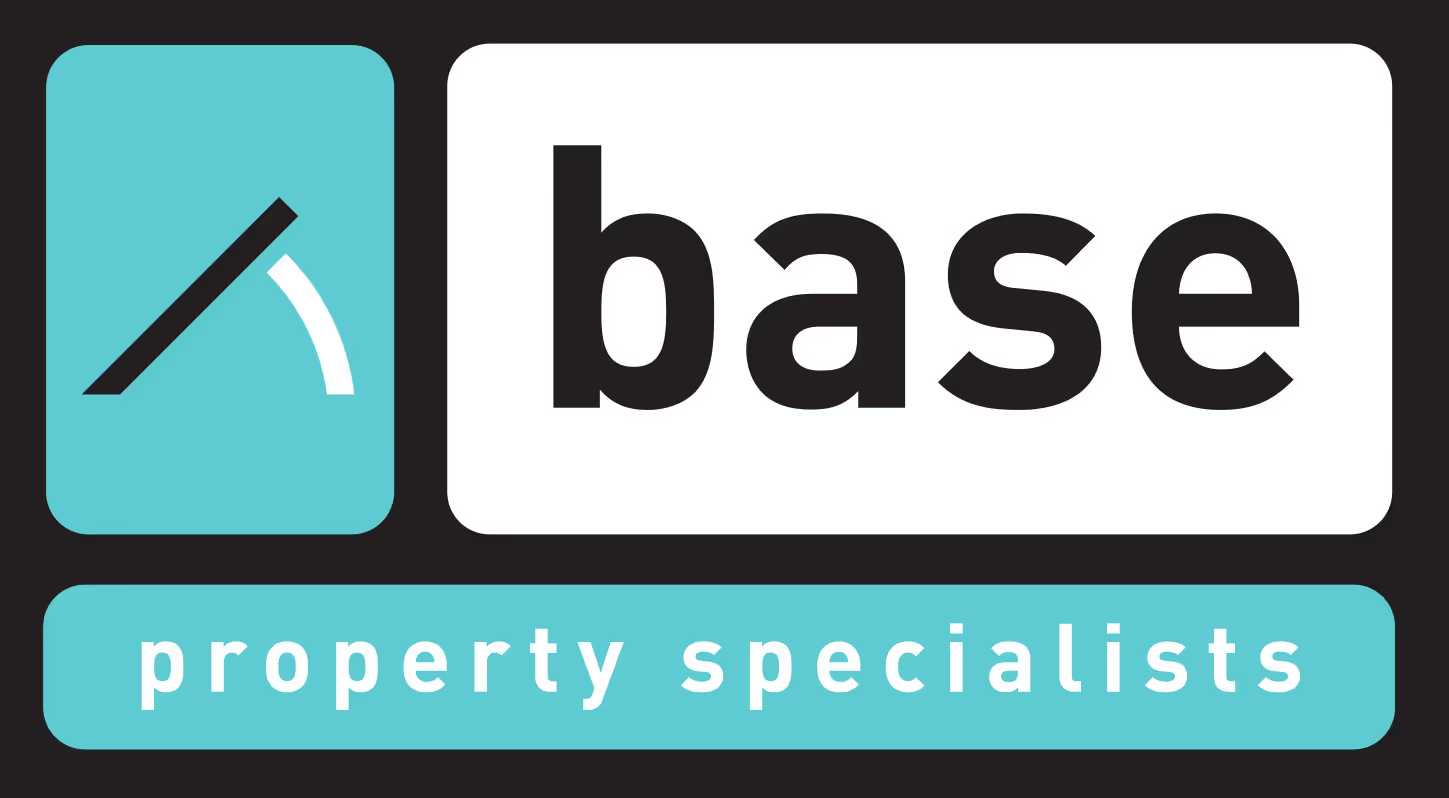Julie brings over three decades of real-world experience in lettings, compliance, housing law and tenant support. She has worked at every level of the sector - from managing high-value portfolios to supporting vulnerable tenants facing eviction. Her message was clear: if we want a stronger, fairer, and more financially resilient PRS, we have to start treating rent arrears as something to prevent, not just react to. And we have to equip ourselves with the tools, training, and cultural mindset to do it properly.
A Crisis Hiding in Plain Sight
UK rent arrears currently exceed £1.7 billion. But what often goes unnoticed is the pattern: many arrears cases stem from a single trigger event - job loss, bereavement, illness, relationship breakdown. These are human moments that spiral because the systems around them are reactive rather than preventative.
The most common response in lettings is procedural: chase, warn, escalate. But Julie argues this can entrench the problem, creating fear and shame that pushes tenants into silence and inaction. The earlier we engage, the greater the chance of recovery.
Imagine this: instead of sending a rent reminder that feels like a warning, what if we sent one that signposted tenants to local grants, hardship funds, or advice lines? What if our teams were trained to ask "what's changed?" instead of "when will you pay?"
Compassion Is Commercially Smart
Let’s be clear: this isn’t charity. It’s smart business. Every possession case is a cost centre. Filing fees, legal advice, court dates, void periods, clean-up, and reletting... the average cost is thousands. And in today’s courts, eviction can take months.
Julie highlighted that letting agents and landlords who pivot to a more collaborative, solutions-led approach to arrears see better outcomes:
• Landlords retain tenants who may recover financially within weeks
• Agents avoid time-consuming disputes and negative reviews
• Tenants experience dignity and support, not hostility
• Everyone avoids the reputational damage of aggressive arrears handling
At base, we’ve always taken a people-first approach. But this conversation showed how small changes in wording, tone, and timing can have outsized impact.
The Agent's Role in a Changing Market
For many years, lettings agents have been positioned as middle managers of compliance. But the industry is shifting. Clients want advisors, not just administrators. They want partners who protect their interests holistically.
In the Build to Rent (BTR) and Purpose-Built Student Accommodation (PBSA) sectors, this is especially important. These operators deal with higher volumes and more complex tenant profiles, including international students and professionals. Here, early intervention isn’t just best practice, it’s essential risk management.
We believe letting agents should be equipped to:
• Recognise the early signs of financial distress
• Connect tenants with grant providers and debt support
• Mediate with compassion and neutrality
• Report meaningfully to landlords, showing proactive effort and social value
It’s a shift from being rent collectors to being tenancy managers in the truest sense.
Why Landlords and Operators Should Care
If you're a landlord or institutional operator, the message is simple: prevention protects your investment. Tenants who are supported through a crisis are far more likely to stay, pay, and respect the property long-term.
Moreover, reputational risk is now real risk. Tenants are increasingly vocal online. Press coverage of unfair evictions, heavy-handed tactics or automated demands is never far away. By empowering agents to handle arrears holistically, landlords can demonstrate their commitment to ethical, responsible property management.
This is especially important for NRLs (Non-Resident Landlords), international investors and corporate landlords who need transparency and accountability across time zones and borders. A proactive arrears strategy is more than damage control, it’s brand building.
The Renters Rights Act and the Need for Cultural Change
The upcoming legislative reform marks a turning point. With Section 21 set to be abolished and greater focus on housing conditions, transparency and tenant rights, the bar is being raised.
Julie made it clear: without cultural change, legal reform will fall flat. Agents need better training. Operators need better processes. And tenants need better access to information and support.
This isn’t about asking agents to become social workers. It’s about providing them with the tools to make informed, humane decisions that protect all parties.
At base, we are already reviewing our templates, language, training materials and escalation processes. We are building more empathetic systems because it’s what today’s PRS demands. And because it delivers results.
Final Thoughts: Leading With Purpose
We believe in a PRS that works for everyone. That means balance: between commercial reality and social responsibility, between process and people.
Julie Ford reminded us that the future of arrears management isn’t in the courts. It’s in early conversations, clear communication, and strategic support. Whether you're a landlord, an investor, or an operator of large-scale rental portfolios, now is the time to evolve.
Because when we stop seeing arrears as failure, and start treating them as signals, we don’t just save money.
We save tenancies. And that’s good business.







